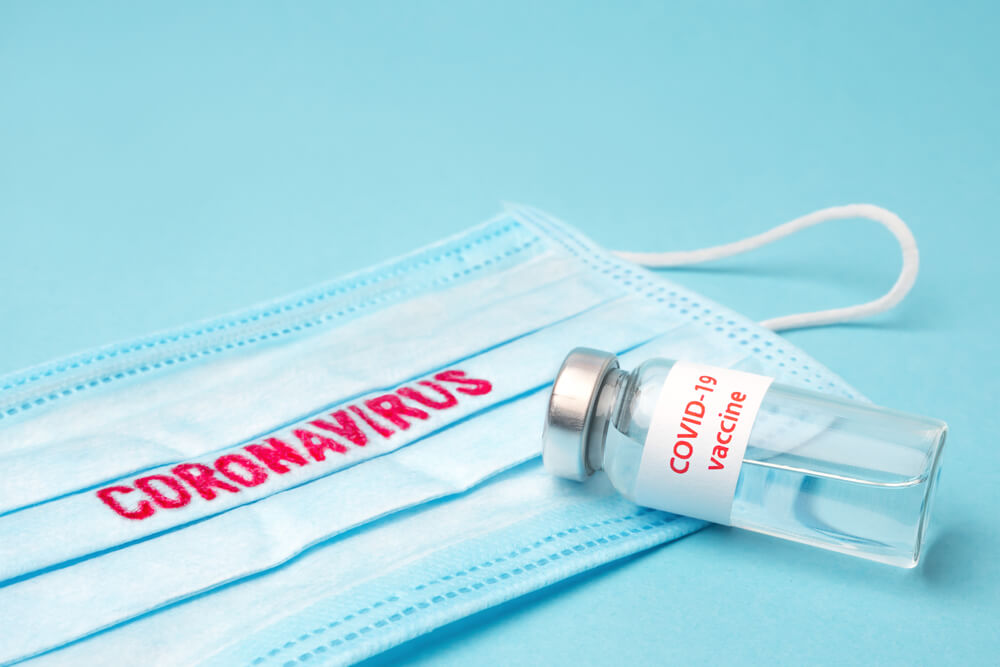



Get new exclusive access to healthcare business reports & breaking news




A new study conducted by InCrowd Data reveals that U.S. physicians are not confident about the country’s preparedness to treat the novel coronavirus, now known as COVID-19, citing significant gaps in the healthcare system with testing and treatment.
The doctors said they had either put in their own protocols or were following recommended protocols and for those reasons they were not overly concerned about the novel coronavirus.
The study, which polled 150 doctors, shows that two in three physicians, who responded to the survey, said they did not have access to a COVID-19 kit the U.S. Centers for Disease Control and Prevention (CDC) has made available for laboratory testing.
The report says only one in three respondents agree that the U.S. is taking strong precautions to prevent the spread of the illness. Forty-five percent felt the World Health Organization and governments outside of the U.S. were taking strong precautions to prevent the spread of the disease.
In addition, only 9 percent said they felt confident they could identify a patient who has contracted COVID-19, where symptoms present as flu-like and common to other communicable diseases. Twenty-five percent of the physicians said they felt very prepared to treat a patient that has potentially contracted COVID-19.
In spite of the lack of confidence in the country’s preparedness to treat the novel coronavirus, the majority of physicians said their practices are recommending protocols for potentially affected patients.
The study further says, although 75 percent of respondents note that their clinic or hospital has recommended a protocol for patients who could potentially have COVID-19, only 38 percent thought the facilities are prepared to treat people with the disease. The report also shows that physicians are being cautious about testing.
Seventy-two percent of responding physicians say that if a patient traveled to a country where COVID-19 is prevalent, they would automatically want to test for the virus if the test were available, the report says.
“Fast-moving pandemics like the novel coronavirus demand accurate and timely data from the frontlines of the healthcare system. Real-time access through our insights platform to physician feedback on the coronavirus can help inform the next steps that healthcare leaders can take to mitigate its impact in the U.S. We’ll continue to track physician feedback on this important issue,” InCrowd Chief Executive Officer, Daniel S. Fitzgerald, said.
For the study, InCrowd surveyed emergency medicine or critical care specialists, pediatricians and primary care physicians between January 31 and February 4.
Patients seem quite concerned about the virus. However, one in five (21 percent) of the responding physicians reported that their patients are more concerned about the threat of the flu, which has killed 12,000 patients and caused an estimated 19 million illnesses and 180,000 hospitalizations this season.
There have been 73,437 reported cases of the novel coronavirus worldwide since it first came into the media limelight. The virus, which originated in Wuhan, China, was responsible for 1,875 deaths as of Feb. 18. In the U.S. there have been 15 reported cases of the virus, with no deaths yet.
Another 600 people are under quarantine in the U.S. after their return from the epicenter of the novel coronavirus outbreak in China, the CDC said.
In January, a Chicago couple was diagnosed with the novel coronavirus. They were kept in isolation, but have since been discharged.
With statistics showing how fast the novel coronavirus spreads, pharmaceutical companies are reportedly now in a race to prevent more cases. Moderna Inc, Inovio Pharmaceuticals Inc, and Novavax Inc have all announced they are working to develop vaccinations against the virus. Moderna is working on a vaccine in collaboration with the U.S. National Institute of Allergy and Infectious Diseases which could be ready for a clinical trial in three months.
There are no known vaccines or treatments available specifically to treat the virus, which belongs to a family of coronaviruses that was responsible for the SARS outbreak in 2003.
U.S. officials have since declared the situation a public health emergency and have temporarily banned foreign nationals who have traveled to China within the previous two weeks from entering the country.